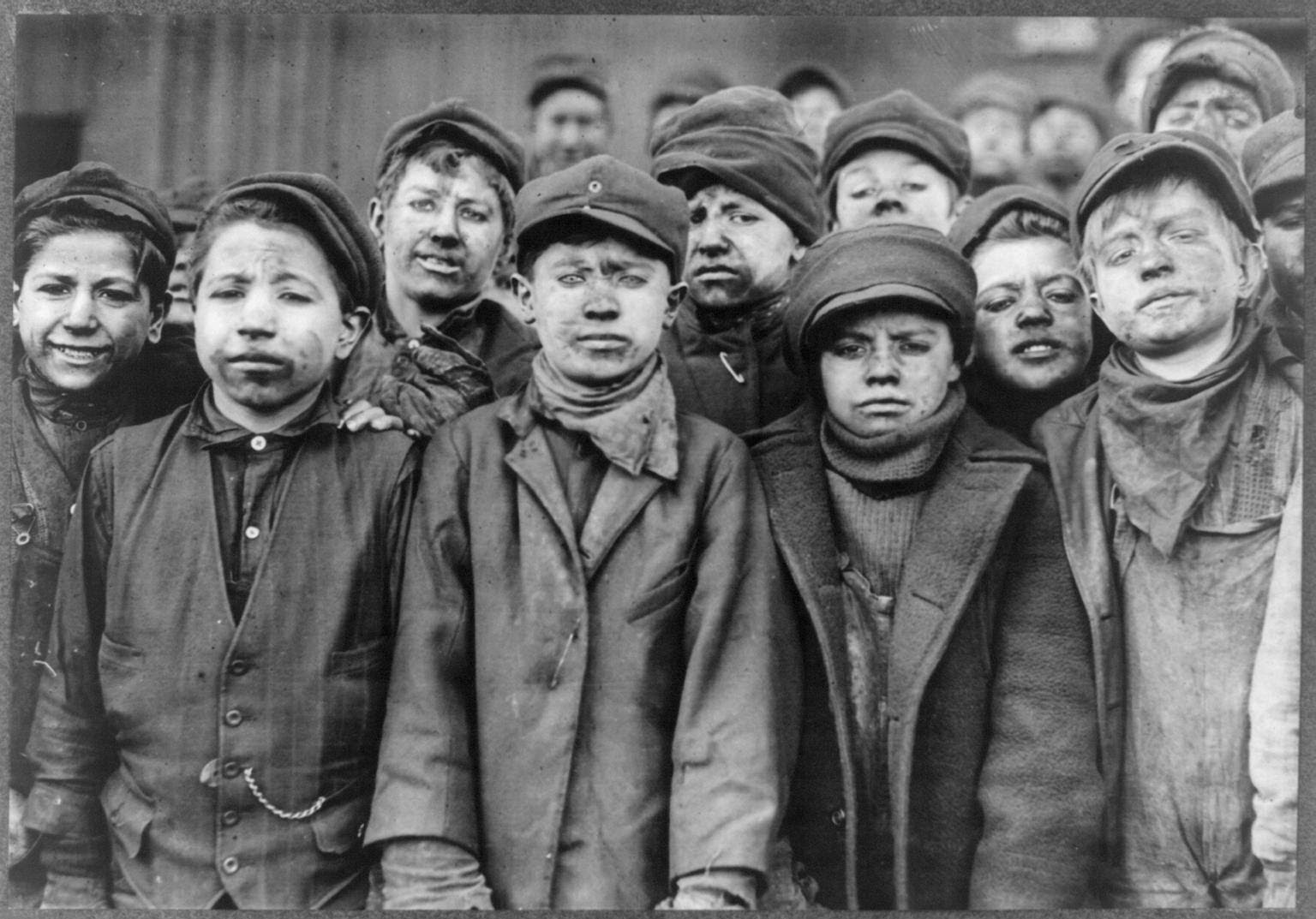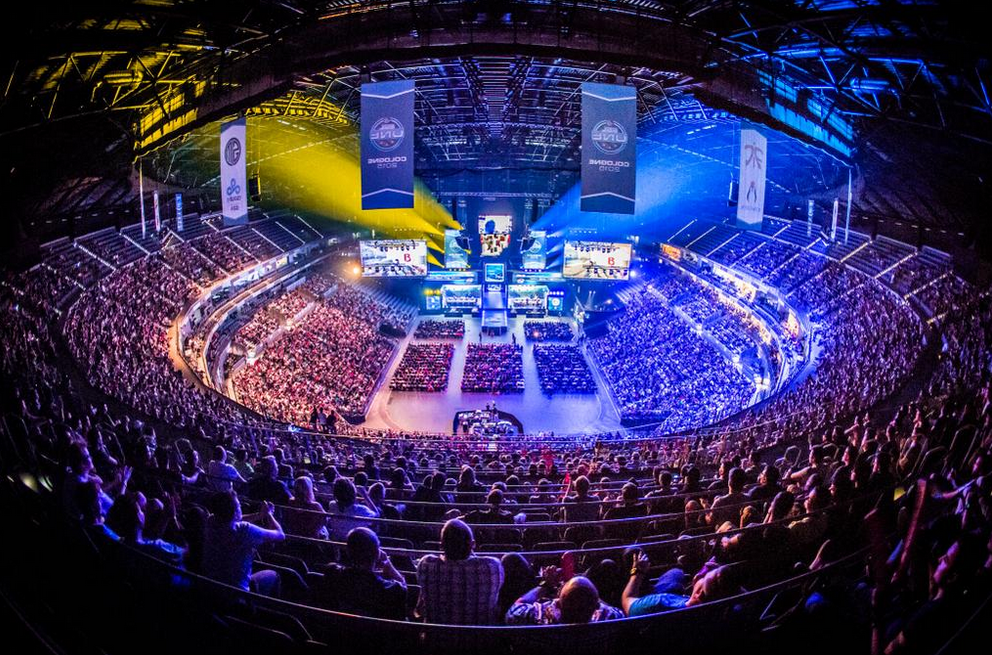The video game industry has come a long, long way from where we started. We began huddled in the dark caves of living rooms and basements, painting crude depictions of Pong balls and Space Invaders on the walls. We drew sword, arrow, and joystick in defense of our castles in the Arcade days. As the “Wild West” broke out and competitive gaming was a term first whispered, lone gunslingers like Jonathan “Fatal1ty” Wendel lassoed tornadoes in a manner many of us had only begun to dream about.
They made their living from playing video games.
Now, this idea isn’t nearly as radical as it once was. Lee “Faker” Sang-hyeok was offered seven-digit figures to switch teams, and major gaming organizations like C9, TSM, CLG, NiP and their ilk have become to gamers what the New York Yankees or “Germany” are to baseball and soccer fans. When the arena lights click on, the EDM starts, and your game of choice hits Twitch (or even “real” TV), it’s easy to convince yourself we’ve managed to reach some sort of eSports and video game Golden Age where all the dreams many of us held as children are coming true.
Unfortunately it isn’t a Golden Age, and our dreams aren’t coming true — at least, not quite. Not yet.
And here’s a few reasons why:
Rosterpocalypses
If you follow any eSport that isn’t League of Legends or Counterstrike: Global Offensive, chances are pretty good you’re familiar with this term (or some version of it). Every once in awhile, it seems like some game-loving Mad Hatter throws his eSports hat up into the air and screams “change places!” while the players do their best to survive the musical-chairs like dance for roster spots.
Sometimes, like in SMITE, it tends to happen between seasons. On the other hand, sometimes it seems to happen smack dab in the middle of games. Dota 2 is notorious for revolving door rosters, as are a multitude of the console circuit teams and games.
While player mobility is a necessary thing, the sheer amount of it not only makes it difficult for players to build consistent fanbases, but it makes being a fan difficult. Constant player rotations, roster shuffles, team extinctions and reformations are exhausting not only to the professional scene but to the viewers and fans at home. If we’re never sure who we’re even rooting for, we’re probably not rooting for anyone.
But the rosterpocalypses aren’t really the problem. They’re more of a symptom. Why would players in competitive organizations move around so much (sometimes even mid-season)? Why would Call of Duty professionals seem aghast at there being “buy-out” prices to leave an organization? The answer, at least mostly, is in the…
Player Contracts (or lack thereof)

If the start of competitive gaming was the “Wild West”, the era we live in now is something more like the industrial revolution – there’s a lot of work being done, progress being made, and totally unethical behavior being engaged in.
Part of this is that no system is really in place for most eSports to allow players counsel or recourse. There is no “eSports competitors union”. There’s nowhere to turn to if you have questions or concerns, except to the organizations offering the contracts (in the event that they do at all) — and in some cases a player’s parent giving it the ol’ “once over.”
Kevin “Adanas” Meier, former competitive SMITE player and now a caster and member of the Hi-Rez family, showcases this perfectly:
KM: I wish there was something, whether it was a union (or something else). I wish I had some resource to go to. Because I had no idea what the fuck I was doing when I was playing. People will learn after being into it after a while, but when you’re just getting into eSports, unless you have another guy on your team who’s been through it before, you have no idea. It is very easy to kind of get screwed over and not recognize it at first. There has to be something for players to go to and learn how to talk to the organizations.
Because a lot of these guys are just kids, right? I was competing when I was 21, so I wasn’t 16 or 17 but I still had never really dealt in any business like that before. I do think there needs to be some resource, whether it’s a union, whether it’s the developer itself. It’s gotta be somewhere the player can go and feel comfortable talking about what they’re signing, especially when it gets to the bigger deals.
The lack of any central organization for players of any age to turn to increases the odds of things like professional players being surprised at core pieces of signed contracts (such as “buyouts”, or early termination fees). It also makes it far more likely for organizations to attempt to take advantage of the players (ex: NiP’s CS:GO fiasco).
Some developers, such as League of Legends’ Riot or SMITE‘s Hi-Rez, have taken a proactive stance in regulating their games and leagues, and are doing their best to protect their players while allowing the gaming organizations to still run their business.
Some, unfortunately, have not.
So why do we care?
We care as viewers, fans of video games, and fans of eSports because the health of the industry — the continuing future of eSports — depends very heavily on the moment we exist in now. The competitive scene is bigger than it ever has been. Prize payouts and some player contracts are in the millions-of-dollars range. The phrase “professional players” isn’t a joke, and it isn’t in reference to one or two people anymore.
That’s the key, though, isn’t it? Professional players.
Professional.
If you’ve been around, you know that one of the biggest problems (or at least debates) in the eSports circuit is all centered around professionalism (or its total absence). From the players, to the organizations, and occasionally the tournament organizers and game developers themselves, a recurring criticism of the eSports scene and why “it won’t ever succeed” is the lack of professionalism.
From the players’ standpoint, it makes it harder to dedicate the time and effort to their chosen game than it should be. At any given moment you could get bit by a contract you didn’t understand, or shafted by the organization you joined with little to no recourse.
From an organization standpoint, your players just aren’t as reliable as they should be. If your star mid laner up and leaves before a major event, you’re out that prize money. If they decide to go team with friends, your organization no longer has that fanbase. With enough rotations, your organization may not have a fanbase at all.
Finally, from a “tournament organizer” or game developer standpoint, your game loses credibility every time any of this happens. It becomes harder and harder to follow the competitive league of a game when every few months every team a fan knew has up and disappeared, to be replaced by new names and brands while every player shuffles around. If it’s too hard to follow, a viewer just won’t bother.
Competitive gaming has a decision to make — and we need to make it quickly. We’re on the edge of a breakthrough in gaming culture worldwide, but it’s…
Five megabytes to midnight
The real decision facing us, as fans and players, is connected to the contract issue. Are we professionals? Is this (eSports) professional?
Is that what we want?
If not, fine. If one has the view that video games are somehow inherently unprofessional — inherently unable to be professional — then a call for the eSports industry to act in a professional manner obviously seems a little strange. However, we’re still left with the unsettling idea that people, young and old, are being taken advantage of and abused by a system that, at least on first glance, doesn’t seem to have any idea whatsoever how to behave. That can’t be allowed to continue.
If you’re like me, and you think that eSports are something real — something to aspire to, compete in, and rally behind…things like this have to stop. We’re not real-world sports…yet. But we can be. And if we do it right we will be. We can be just as good as them. We can be bigger. We can be better.
But things like this have to stop.
Rosterpocalypses have to stop.
Organizations abusing confused players, and players abandoning organizations for what amounts to no reason has to stop.
If we want eSports as an industry to really succeed, if we want eSports to become something to invest in as companies and as fans, if we want the eSports Olympics, then we have to get our act together. And we can learn a lot by looking at the structure of the sports organizations that came before us. Looking at the professionalism of what came before.
Do they have their own issues? Sure. Tons. But we’re in a unique position, as fans and players of eSports, that we don’t have to imitate their failures — only their successes. And one of the biggest successes of traditional sports, and one of the biggest reasons the fan bases are as consistent and profitable as they are in traditional sports, is the professional manner in which they treat their organizations and players.
We don’t have to be afraid. We don’t have to become sports just because we put on a tie, or have lawyers present when we sign a contract. We don’t have to become sports at all just because we learn from them. If we want it — if we really want it, we can be better than sports.
We can be eSports.










Published: Mar 27, 2016 05:35 pm